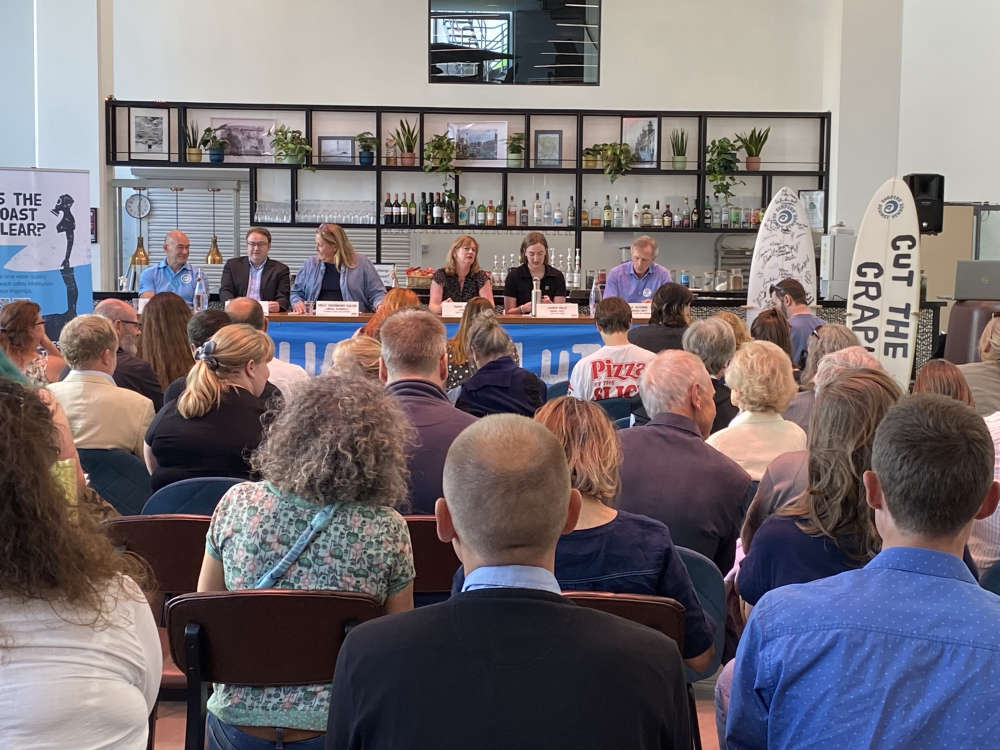
But some want nationalisation; others don't
Parliamentary candidates for Plymouth and South West Devon have been setting out how they and their parties would improve water quality at a hustings hosted by Surfers Against Sewage.
Plymouth was the penultimate date in the Election Hustings Road Trip by the campaign group which highlighted Tinside Beach at Plymouth Hoe as the fifth most polluted site in England and Wales because of sewage discharges by South West Water.
Whilst both Conservatives and Labour aren’t in favour of nationalising water companies, the Green Party and the Workers Party are, with the Lib Dems saying that public benefit companies should be in charge.
Reform UK says water should be managed as a private organisation, but 50 per cent owned by the government and 50 per cent by British pension funds.
Sarah Allen (Lab) said nationalising water companies would costs tens of billions of pounds, and further reimburse shareholders. She said the party would fund increased scrutiny by introducing windfall taxes on oil and gas giants.
Labour would put the water companies under special measures, force them to clean up their mess and protect people’s health. They would give water regulator Ofwat the power to block the payment of bonuses until they had cleaned up the sewage.
She said Labour had made a mistake in allowing water companies to be self-monitoring when it was in power, and panellists agreed they should not be “allowed to mark their own homework”.
Lauren McLay (Green) said more than £57 billion had been handed out to water company shareholders over the last 30 years.
“This money should have gone to improving standards, they are being awarded for bad behaviour. Let’s take it back into public hands, see the money which currently goes to shareholders fixing leaks and rebuilding infrastructure.
“We would give the regulators more teeth by increasing Defra’s budget by £1.5 billion, allowing an increase for Environment Agency and Natural England to support their vital work to protect the environment through effective monitoring and robust enforcement.”
Lib Dem Holly Greenberry-Pullen, who said that she was hospitalised after swimming in contaminated water in the River Walkham near Tavistock, said her party would turn privately owned water companies into public benefit companies.
They would be governed by charity commission guidelines, with profits going back into infrastructure and penalties if pollution incidents occurred.
She said the Lib Dems would introduce “blue corridors” starting with clean rivers and ending up with clean coastal waters and put boundaries in place for farmers to stop nitrates and phosphates going into the water.
Guy Haywood said the Worker’s Party wanted groups of local environmentalists playing a part in the local management of the watercourses as well as a return to full nationalisation of the water companies.
“We want to see real activism coming from people who care about individual matters that are close to their heart, it is how we start to build a political world where everyone is involved,” he said.
“I would love to see the Royal Navy for example playing a part in cleaning up the plastic in our seas rather than being somewhere in the China seas.”
Gareth Streeter (Con) said the Conservatives had managed to get £48 billion out of the water companies to improve the infrastructure and stop sewage being discharged into the watercourses and South West Water was now monitoring 100 per cent of storm overflows.
“We set ambitious targets for change and we are holding the water companies to account,” he said, but added “I would caution anyone to be wary of any easy answers to big problems, it is not how the world works.
“Nationalisation will not cure all problems, it’s populist and simplistic,” he said.
“I am aware that 20 per cent reduction a year in sewage discharges does not get you a big cheer at a public meeting but it is deliverable and sustainable.
“We have a measurable plan in place that works and one day your children and grandchildren will thank us for it.”
Candidates from the Workers’ Party, Greens and Liberal Democrats said they would fund sewerage improvements by redistributing wealth.
“Funding would come through industry and taxing people who are the most successful and international companies,” said Ms Greenberry-Pullen.
The panel agreed that developers should be forced by law to improve sewage infrastructure when they build new properties.
Peter Gold (Reform UK) said Britain should take a leaf out of Denmark’s book, where sewage treatment plants were provided “at source”, not everything “chucked into a network that cannot cope”.
“This is doable and it should be part of the planning process,” he said.
He said it wasn’t just about beating South West Water with a big stick as other organisations should also be involved. These included the environment agency, developers and farmers.
“Every house and hardstanding built on what was drainage land creates surface water run off. Everything goes downhill, it all goes into the sewage network with domestic waste water. We need to stop it getting in there in the first place rather than only worrying about supposedly fixing pipes.”
Sarah Allen said Labour-run Plymouth City Council is already working with South West Water to come up with sustainable drainage systems and nature-based solutions to deal with water run off, and former MP Luke Pollard (Lab) had brokered a deal to close two outlets releasing raw sewage into Plymouth Sound.
The panel said Plymouth should be a leading example of clean water with its Ocean City status and the first national marine park in the UK.
They called a parasitic infection in the water at Brixham last month as “appalling and a scandal”.
A healthcare worker at the event said the water authorities had failed to act quickly to the incident and asked what was the point of the Environment Agency.
“It was a travesty seeing patients sick for three or four days before anything was done. They (EA) didn’t even look into it before the weekend, it was a failure on many many parts.”
Twenty two cases of cryptosporidiosis were confirmed in Brixham, and up to 100 people reported symptoms of vomiting, stomach cramps and diarrhoea to their GP.
The worker said hundreds people were still drinking bottled water as a result of the incident, which is being investigated by the Drinking Water Inspectorate and Uk Health Security Agency (UKHSA)
Lauren McLay (Green) said the EA is vital but needed new leadership. Gareth Streeter (Con) said the water regulator may become more of a public health body in the future.
Giles Bristowe of Surfers Against Sewage said: “It’s a toxic soup out there” and the group was demanding an immediate inquiry into “a broken system”.
The panel at the event at The Box was Sarah Allen (Labour) a candidate for the South West Devon seat, Holly Greenberry-Pullen (Lib Dem) – Plymouth Sutton and Devonport, Peter Gold (Reform UK) – Plymouth Sutton and Devonport, Guy Haywood (Worker’s Party) – Plymouth Sutton and Devonport, Lauren McLay (Green) – South West Devon and Gareth Streeter (Con) – Plymouth Sutton and Devonport.
 City lose at home again
City lose at home again
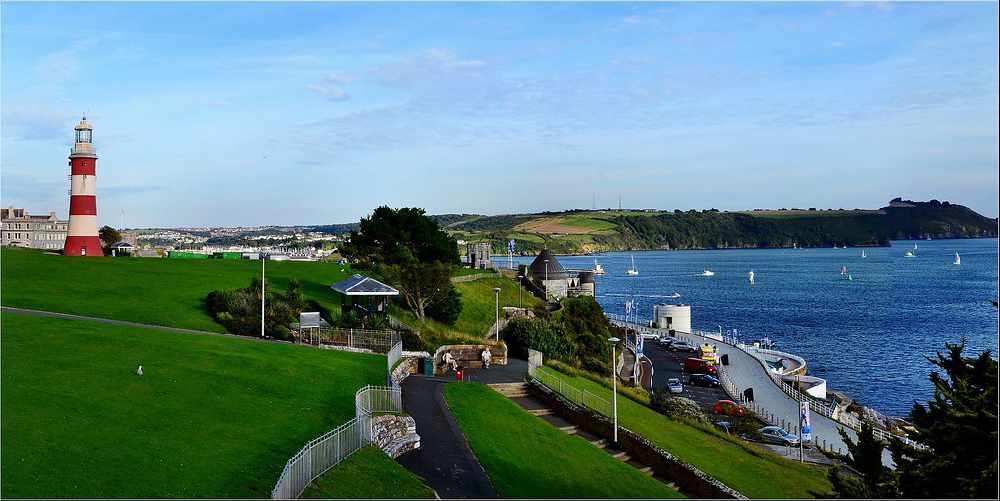 Calls for inclusion on Plymouth lord mayor role
Calls for inclusion on Plymouth lord mayor role
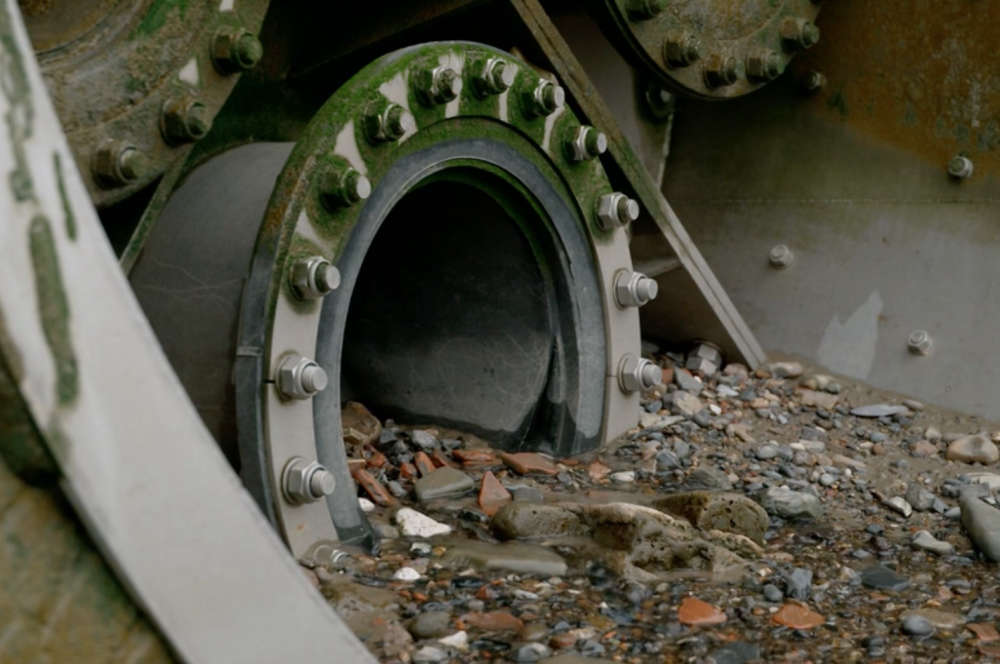 Upgrades to Plymouth storm overflows to take place
Upgrades to Plymouth storm overflows to take place
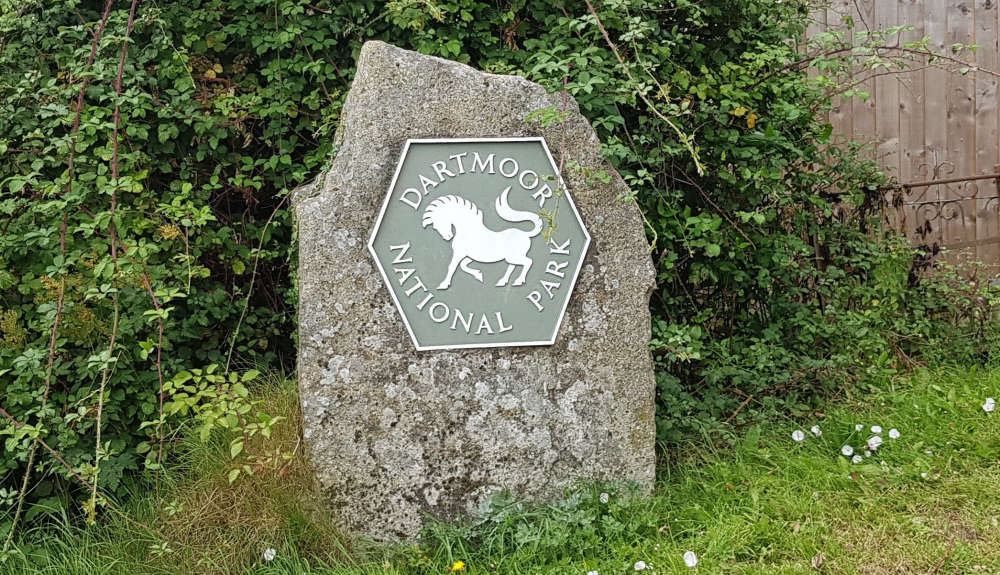 Dartmoor finances facing biggest cut for years
Dartmoor finances facing biggest cut for years
 Rare curlews and martens are leaving Dartmoor - for now
Rare curlews and martens are leaving Dartmoor - for now
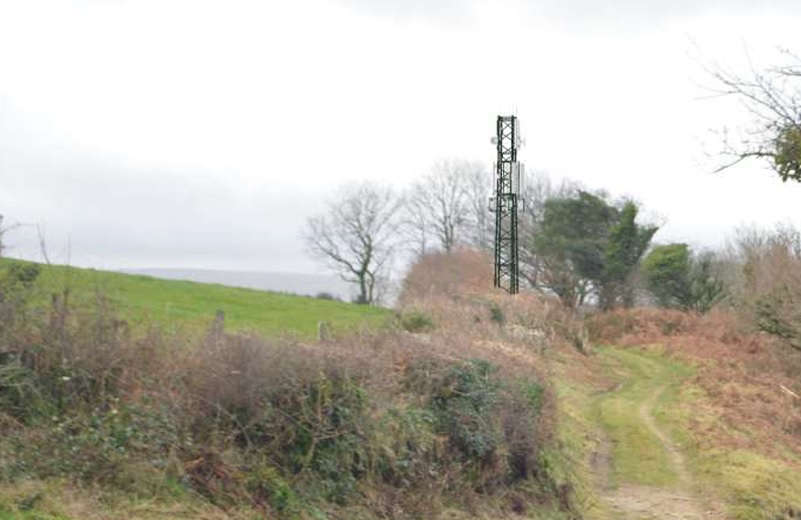 Dartmoor phone mast gets the go-ahead
Dartmoor phone mast gets the go-ahead
